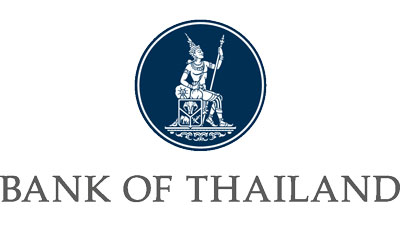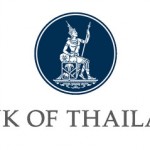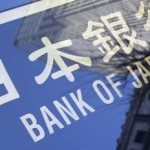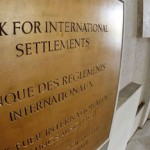Monetary Policy Committee’s Decision on 11 March 2015

Mr. Mathee Supapongse, Secretary of the Monetary Policy Committee (MPC), announced the outcome of the meeting on 11 March 2015 as follows.
The committee voted 4 to 3 to reduce the policy rate by 0.25 percent from 2.00 to 1.75 percent per annum with immediate effect. Three members voted to maintain the policy rate at 2.00 percent per annum.
Key considerations for policy deliberation are as follows.
In the fourth quarter of 2014 and January 2015, the Thai economy continued to recover slowly, as the economic momentum from private consumption and investment was softer than expected owing in part to weaker private sector’s confidence. In the periods ahead, the economy is projected to recover at a slower pace than formerly assessed. Exports of goods are expected to recover at a rate close to the previous projection, but with higher downside risks from a slowdown in trading partners’ economies, notably China. Meanwhile, tourism is projected to recover steadily, partially offsetting the weaker domestic demand.
In the first two months of 2015, headline inflation declined and turned negative due to low global oil prices. Nonetheless, the prices of most goods and services continued to rise, reflected by positive core inflation. Looking ahead, inflationary pressure is forecasted to remain at a low level, close to the committee’s assessment at the last meeting. Overall financial stability remains sound, but there is a need to closely monitor the potential risk build-up associated with search-for-yield behaviour, amid an extended period of low domestic interest rate environment.
In the policy deliberation, the committee judged that the outlook of the Thai economic recovery is weaker than previously assessed. Fiscal stimulus will take time to materialise, while headline inflation is projected to remain low for a certain period of time. Against this backdrop, four members judged that monetary policy should be eased further to provide more support to economic recovery, and help shore up private sector’s confidence. Nevertheless, three members deemed the current policy rate as still being sufficiently supportive of economic recovery, while the policy space should be preserved as a shock absorber, to be used when more necessary and when policy transmission is more effective. Fiscal stimulus, especially the implementation of planned public investment, should be a key growth driver at this juncture.
Going forward, the MPC will closely monitor developments of the Thai economy, and will pursue appropriate policy to sustain the ongoing economic recovery, as well as to maintain financial stability in the long term.
Source: Bank of Thailand





























